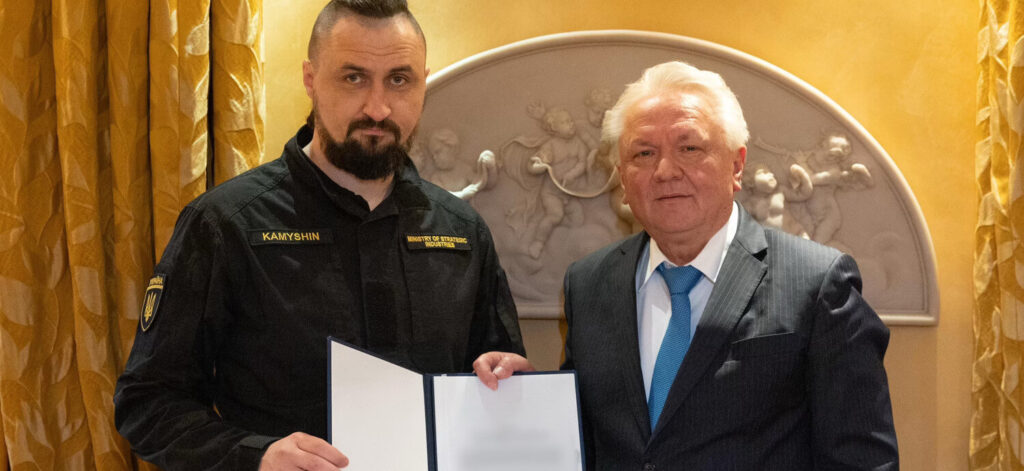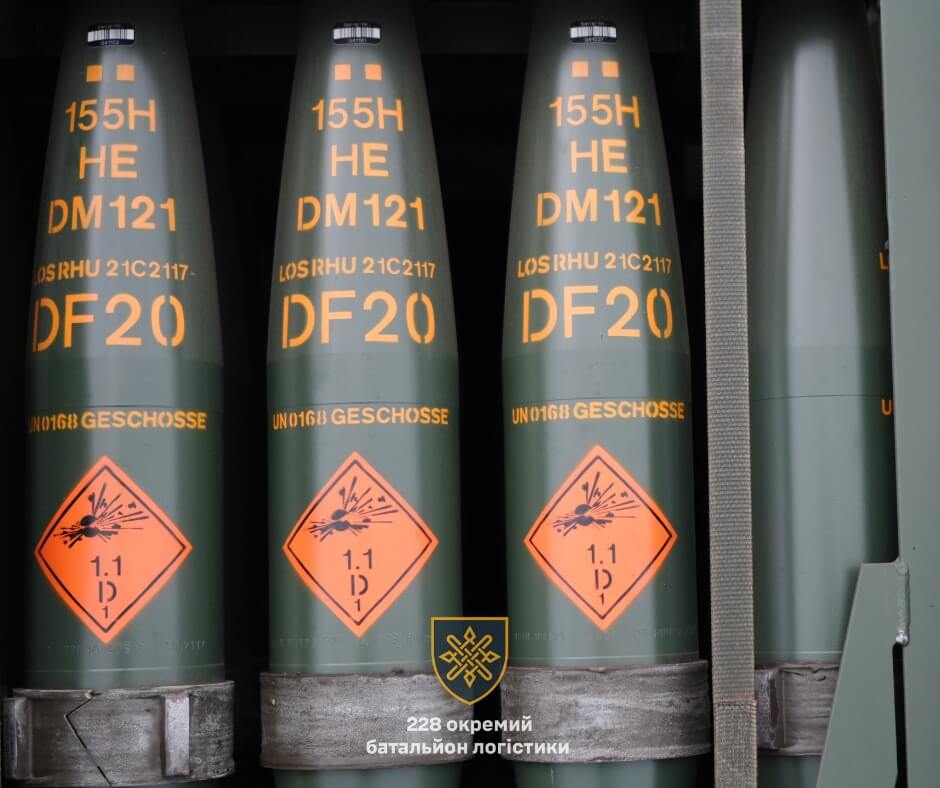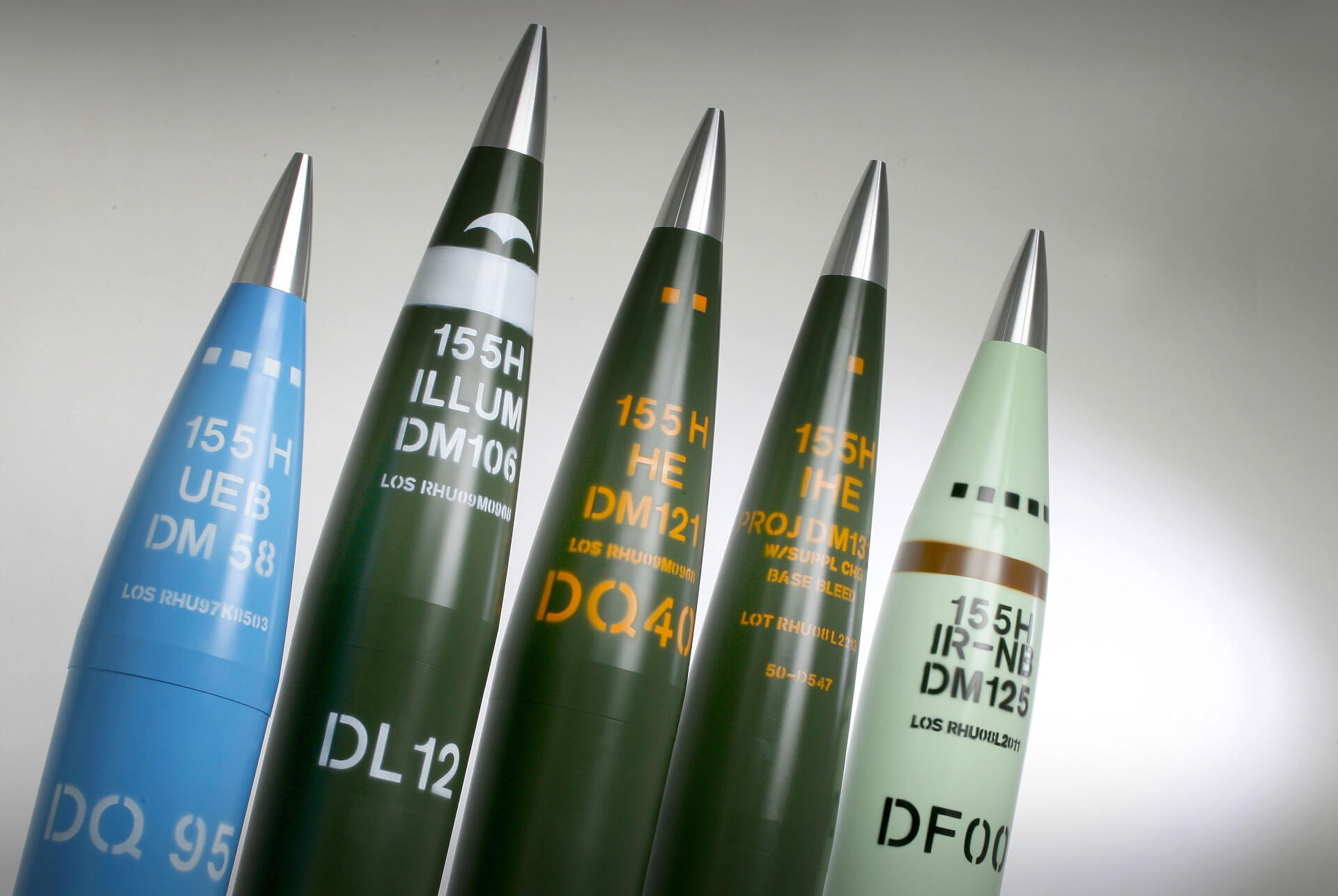After a lengthy planning and construction phase, Germany’s largest defence contractor Rheinmetall plans to start the production of 155 millimetre artillery ammunition at its own plant in Ukraine next year.
The original plan was for a final production capacity of 150,000 artillery shells per year, until CEO Armin Papperger announced in an interview with Handelsblatt a few months ago that the plant currently under construction would be expanded again and that the production capacity would be “significantly increased”.
Until recently, no details have been made public. Now, around four months after the interview with Handelsblatt, a statement from the defence manager seems to shed some light on the matter.
In the Q2 2025 Conference Call, which took place on the 7th of August 2025, Papperger announced in response to a question that the Ukrainian officials want to double the planned production capacities.

After a certain ramp-up period, which usually lasts one or two years, Rheinmetall would then be in a position to annually produce 300,000 155mm shells in Ukraine.
Excellent news for everyone involved. Especially when it comes to supplying its own army with 155mm shells, the Ukrainian government has been almost exclusively reliant on deliveries from partner nations. The more that can be produced locally, the more independent Ukraine will be in the future.
However, the Ukrainian government does not yet seem to be in a position to dream of even higher figures. According to Papperger, they simply don’t have the money.
Rheinmetall also seems to have another problem — the Ukrainian bureaucracy! Papperger remarked several times during the conference that he was unhappy about the speed at which the project was progressing.
In his opinion, the Ukrainian bureaucracy is responsible for this. He said that “bureaucracy in Ukraine is unfortunately very, very high” and gave the example that construction of the new plants in Unterlüß and Ukraine began at almost the same time. In Germany, the construction is now completed, while in Ukraine, it is still not.
However, this is not the first time that Papperger has pointed out what he considers to be excessive bureaucratic hurdles in Ukraine. Previously, for example, he most recently noted this in February 2025 in an interview with DW on the fringes of the Munich Security Conference.

Under the guarantee of anonymity, a representative of another German defence company confirmed to me upon enquiry that they also had problems with the bureaucracy in Ukraine. However, he could not confirm that it would be easier to open a plant in Germany, as Papperger had clearly stated in February and hinted at again a few days ago.
This could indicate that at least some of the difficulties are Rheinmetall’s own fault. However, I cannot confirm this.
There are also no indications that the completion of the factory will be delayed due to excessive bureaucratic hurdles. It can therefore be assumed that production in Ukraine can start as early as next year. Just as originally announced.
If you liked this post, consider following me on X, Bluesky, or Telegram. If you like, you can also leave me a tip on Ko-fi.



thx for your information work.
what i am missing at all in unkraine defense covering is the question of fuzes. on videos, we see ukrainian shelling done always with impact fuzes. air burst fuzes are *a lot* more effective, particularly against unhardened targets. could you investigate this topic and write a post about it?
Thank you for your comment!
I appreciate the suggestion. However, I want to be honestly, and I’m usually not writing articles about any general topic and completely focus on German assistance or related topics instead, so it must fall into my lab by chance for me to write an article about it. Still, thanks again for the suggestion!